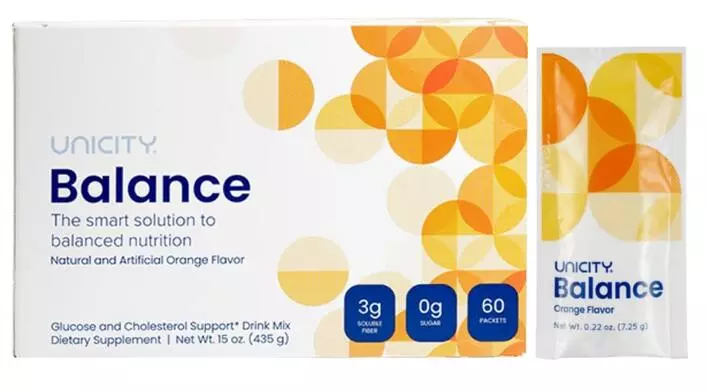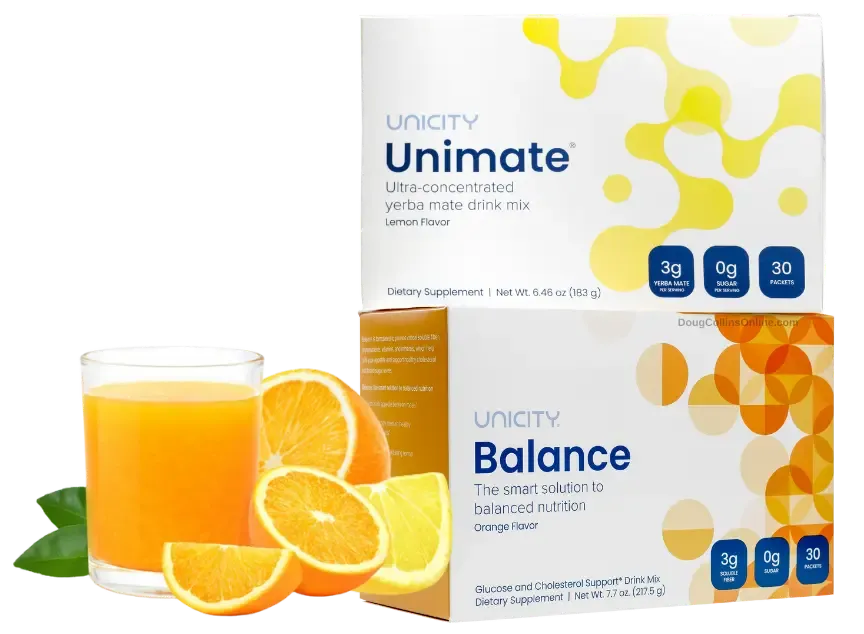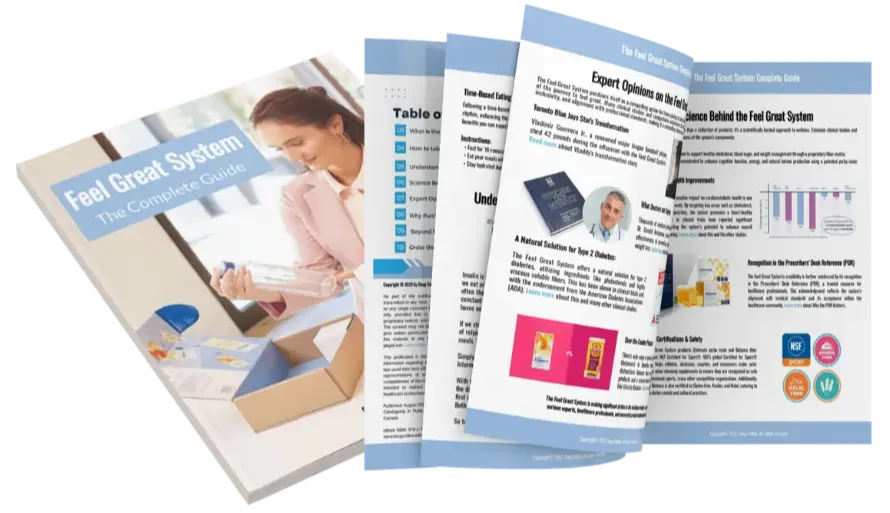Maintaining a Healthy Body Size in Older Adults: Why Fiber and Protein Matter | Aging and Nutrition
Apr 16, 2023
As the global population ages, understanding the unique health needs of older adults becomes increasingly important. This article explores a recent study on body size changes and mortality in older adults, while highlighting the significance of fiber and protein intake for their overall well-being.
Article at a Glance:
- Recent study investigates the link between changes in body size and mortality among healthy older adults.
- Both increases and decreases in body size are associated with higher risks of all-cause and cause-specific mortality.
- Older adults typically require more fiber and protein in their diets to maintain overall health and well-being.
- Increased protein intake is essential for preserving muscle mass, supporting immune function, and aiding in recovery from illness.
- Fiber intake is crucial for digestion, cholesterol levels, blood sugar regulation, and weight maintenance.
- The study did not take into consideration the participants' fiber and protein intake, which may impact overall health and mortality risk.
Aging is a natural process that comes with various physiological changes, including shifts in body size and nutrient requirements. A recent study published in the Journal of American Medicine (JAMA) titled Associations of Change in Body Size With All-Cause and Cause-Specific Mortality Among Healthy Older Adults, has highlighted the importance of maintaining a stable and healthy body size to reduce the risk of premature death among older adults.
This blog article explains the study and its findings and explores the often-overlooked significance of fiber and protein intake in the context of older adults. Many older individuals may not be getting enough of these two key macronutrients, which are essential for their overall health and well-being.
The Study: Associations of Change in Body Size With All-Cause and Cause-Specific Mortality Among Healthy Older Adults
The study, published in JAMA Network Open, investigated the associations between changes in body size and the risk of all-cause and cause-specific mortality among healthy older adults. Researchers used data from 7,994 participants aged 65 years or older who were free from cardiovascular disease, cancer, and respiratory diseases at baseline. Participants were followed for a median of 8.4 years, during which 2,054 deaths occurred.
The key findings of the study include:
- An increase in body mass index (BMI) was associated with a higher risk of all-cause mortality. A decrease in BMI was also associated with a higher risk of all-cause mortality, but only among those who were overweight or obese at baseline.
- Increased waist circumference was associated with a higher risk of all-cause mortality, regardless of baseline BMI.
- Changes in body size were significantly associated with cause-specific mortality. For instance, increases in BMI and waist circumference were associated with higher risks of cardiovascular and respiratory mortality, whereas decreases in BMI among overweight or obese individuals were linked to higher risks of non-cancer, non-cardiovascular, and non-respiratory mortality.
The study concluded that both increases and decreases in body size are associated with higher risks of all-cause and cause-specific mortality among healthy older adults. According to the researchers, these findings underscore the importance of maintaining a stable and healthy body size as individuals age to reduce the risk of premature death.
Protein Consumption and the Elderly: What Is the Optimal Level of Intake?
As people age, their dietary fiber and protein requirements change. It's essential to understand these changes to ensure older adults receive adequate nutrition for their overall health.
Several studies have identified protein (especially the essential amino acids) as a key nutrient for muscle health in elderly adults. The current Recommended Dietary Allowance (RDA) for protein is 0.8g/kg of body weight per day for adults, but evidence suggests that this level may not be sufficient for older adults. Several studies suggest that an intake of 1.0-1.2g/kg of body weight per day may be more suitable for elderly individuals to maintain muscle mass and function, especially when combined with resistance exercise. As well, the distribution of protein intake throughout the day and the quality of protein sources are important considerations for maximizing the benefits of protein consumption in this population.
According to an article from HealthHub, older adults need approximately 50% more protein than younger adults to maintain muscle mass, strength, and overall quality of life. Adequate protein intake is essential for seniors because it:
- Helps preserve muscle mass, which tends to decline with age, impacting strength, mobility, and balance.
- Supports immune function, which may decrease as individuals age, making them more susceptible to infections and illnesses.
- Aids in faster recovery from illness, as protein plays a crucial role in repairing damaged tissues and supporting the body's healing processes.
The Need for More Fiber and Protein for Older Adults
Most people, including older adults, do not consume enough fiber in their diets. As individuals age, they may experience a slower metabolism, decreased muscle mass, and reduced physical activity levels compared to when they were younger. These factors contribute to the increased importance of fiber intake for older adults. Adequate fiber intake helps:
- Promote regular bowel movements and prevent constipation.
- Maintain healthy cholesterol levels, reducing the risk of heart disease.
- Regulate blood sugar levels, decreasing the risk of type 2 diabetes.
- Maintain a healthy weight, as fiber-rich foods can help increase feelings of fullness and reduce overall calorie consumption.
There should be more emphasizes on the importance of increasing fiber intake in older adults, as it plays a crucial role in their overall health. As adults age, their digestive system slows down, making it more difficult to digest certain types of food, which increases the need for a fiber-rich diet.
Adequate fiber intake can help prevent constipation, maintain bowel health, lower cholesterol levels, control blood sugar, and assist in weight management. It is recommended that men over 50 should consume at least 30 grams of fiber per day, while women over 50 should aim for at least 21 grams daily.
Unraveling the Mystery: Why Aging Muscles Are More Prone to Insulin Resistance
A study titled Mechanism of increased risk of insulin resistance in aging skeletal muscle looked into looks into why older adults have a higher risk of developing insulin resistance in their muscles. Insulin resistance is a condition that can lead to type 2 diabetes and other health issues. As people age, their muscles become less effective at using insulin to take in sugar from the blood, which is necessary for producing energy. This is partly due to changes in certain proteins and a decrease in the effectiveness of a sugar transporter called GLUT4.
As we age, our muscles experience more inflammation, oxidative stress, and other factors that contribute to the development of insulin resistance. Understanding these changes can help researchers find ways to prevent or treat insulin resistance in older adults.
Insulin Resistance, Fiber and Protein in Older Adults' Diets: Unlocking the Key to Healthy Aging
In conclusion, the recent study on body size changes and mortality among older adults underscores the significance of maintaining a stable and healthy body size to minimize the risk of premature death. However, the study did not account for the potential impact of fiber and protein intake on overall health and mortality risk. To address this gap, it is imperative that we emphasize the often-overlooked nutritional needs of older adults, specifically their increased requirements for fiber and protein.
By gaining a deeper understanding of the unique dietary needs of this population and ensuring they receive adequate amounts of these essential nutrients, we can help promote their overall health, well-being, and quality of life as they age. This proactive approach will enable older individuals to lead more vibrant, fulfilling lives while reducing the risk of health complications associated with aging.
Boost your healthy aging and cardiometabolic health by incorporating the Feel Great System into your daily routine. This comprehensive program is specifically designed to optimize your well-being and help you unlock the key to healthy aging. A 60-day study on the Feel Great System, reveals the significant improvements in cardiometabolic health achieved by using the Feel Great System. Don't miss out on the opportunity to experience these benefits firsthand and take a proactive approach to your health and wellness journey.
Related articles:
- How Protein Supports Healthy Weight Loss & Blood Sugar Control
- Walking for Weight Loss, Insulin Resistance, and Overall Well-Being
Order Unicity Balance at the lowest discounted Wholesale Pricing and Satisfaction Guaranteed!

Unicity Balance.
Fiber Matrix Drink
1 Box | 60 Packets

Feel Better Than You Have In Years!



